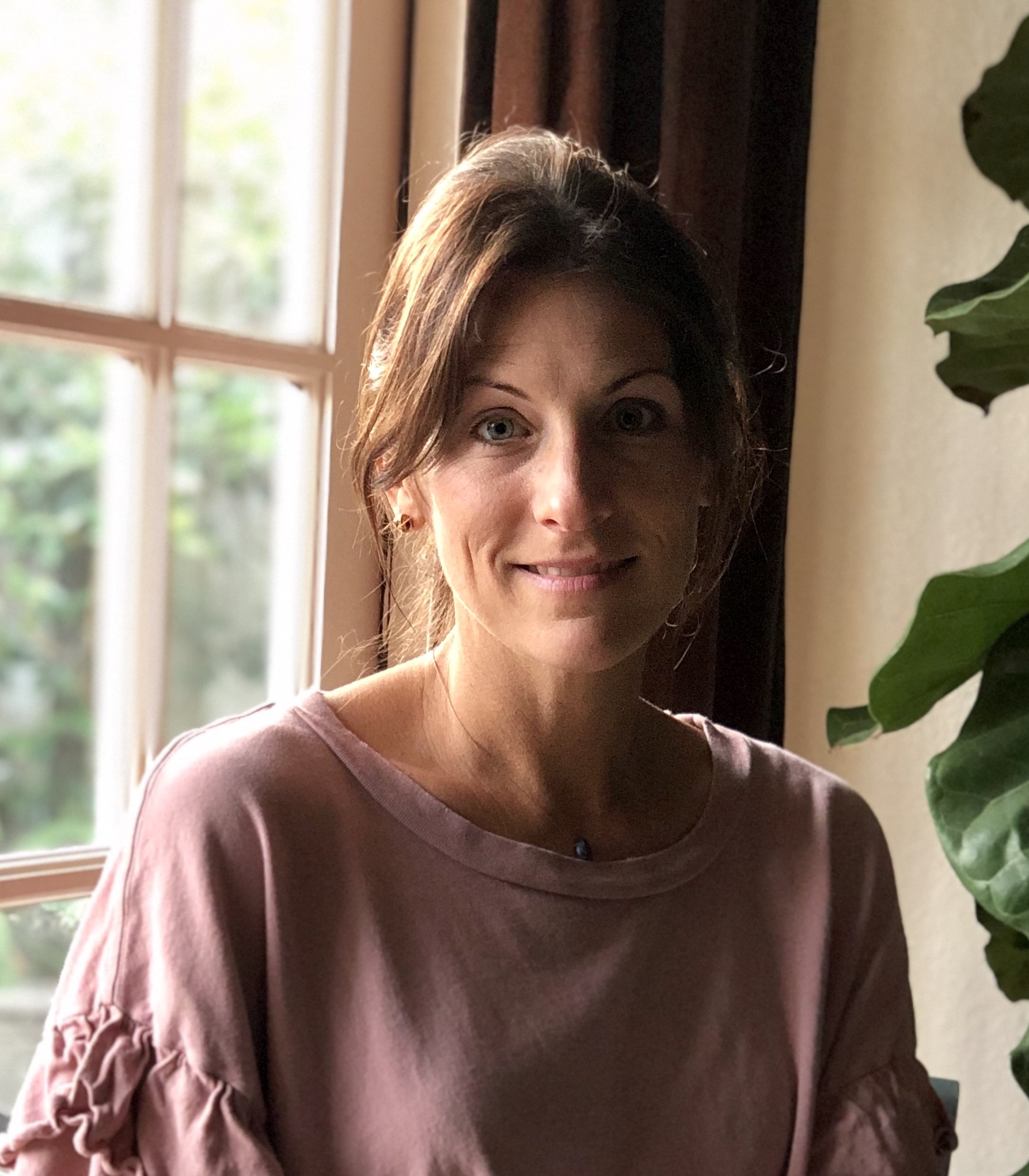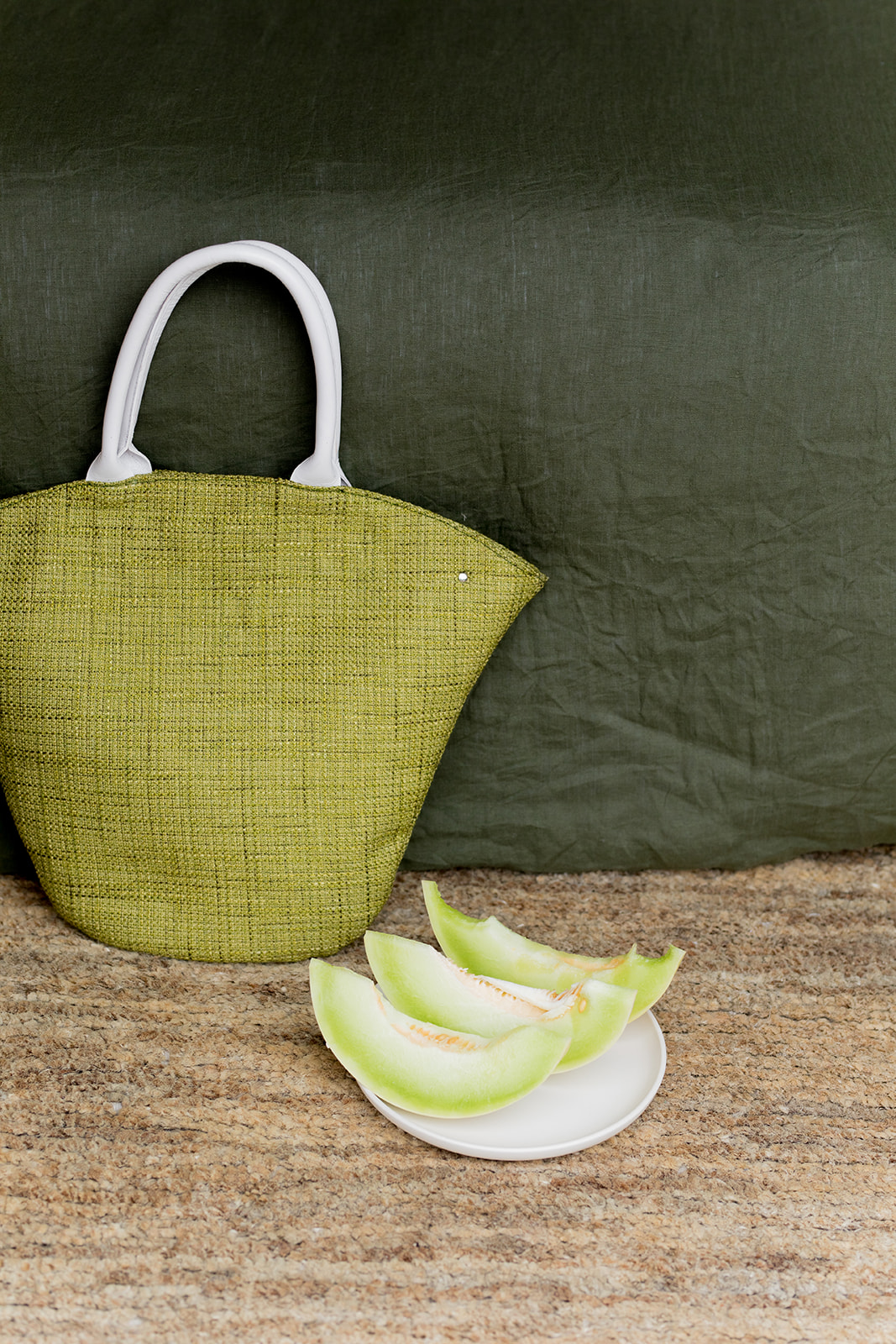
Why I’m Pursuing Financial Wellness Over “Financial Freedom”
Keeping up with the Joneses has never been my motivation. I tend to either ignore or rebel against fleeting consumer trends. And regarding household spending, we aim to make highly researched, conscious purchases and splurge only when we know the result will last a lifetime or provide meaningful experiences. Of course, there are some sporadic impromptu expenses, but for the most part, our spending is, ahem, controlled.
Still, in the age of social media that floods us with photos of billionaires on vacation and (seemingly) carefree influencers traveling to remote places with their babies and dogs, I fall prey to frustration and envy when I compare our finances to theirs.
Although it’s not discussed to the same degree as physical or mental health, financial health can be just as crucial to a person’s well-being. According to a 2010 Gallup poll of people in more than 150 countries, financial well-being is considered one of the five universal elements of overall well-being that differentiate a thriving life from one spent suffering. The other pillars are career, social, physical, and community. Unfortunately, that study found that only seven percent of respondents felt they were thriving in all five.
“Although it’s not discussed to the same degree as physical or mental health, financial health can be just as crucial to a person’s well-being.”
Society tends to view wealth in extremes. On one end of the spectrum, there are people who, often for circumstances beyond their control, don’t have the finances to meet their basic needs. I am saddened and riddled with guilt over how I sometimes feel down about my finances in comparison.
The other end of the spectrum houses those who seemingly never have to worry or stress over finances. They have all the things. They take all the vacations. Whether it’s from self-made or inherited wealth, they seemingly do not have to stress about cash flow. For so long, I felt envious of this end of the spectrum. Not because I wanted what possessions they had but because of what I saw as their financial freedom.
My sense of financial freedom was as follows: Having enough cash and investments to pay for anything, without being limited to steady income from a job. Being oblivious to price tags and not being concerned with how much money is in the bank account because it’s more than enough. Having the ability to be blissfully ignorant of the monetary value of possessions or how the bills get paid. And even though I’ve never even desired a fancy car, designer clothing, or fine jewelry, financial freedom would offer me the ability to afford it all just the same. I was fiscally motivated to achieve this state of financial bliss.
“Even though I’ve never even desired a fancy car, designer clothing, or fine jewelry, financial freedom would offer me the ability to afford it all just the same.”
It’s important to note we fall somewhere in the middle of the financial extremes. My family’s financial situation is by no means dire. We are very fortunate. We have everything we need to survive and more. For most of my married life, we have been a two-income household. Both my husband and I are highly educated and hardworking. We have good healthcare and family in the wings to support us if needed.
However, after I decided to switch careers late last year, I felt discomfort as I struggled with my lack of financial contribution to the family. I quickly felt worthless, as if my only value was that consistent direct deposit. As I contemplated this, I struggled to relinquish my need to achieve financial freedom. It became unhealthy, and my overall well-being began to suffer from constant negative self-talk and assumptions that my husband resented my lack of financial contribution. In reality, the dream of financial freedom was becoming more destructive than motivational.
It was then that I realized financial freedom was different from financial well-being. And, at the time, I was lacking both. One day, after months of applying for jobs in my desired industry that met my high-salary expectations, I read a quote by writer and speaker James Clear, author of the very popular book Atomic Habits, and it resonated deeply in my current situation:
“Don’t sacrifice peace of mind for a piece of luxury.”
I was mentally at odds with myself when it came to finances, and for what reason? I thought it through. “Luxury” means “a state of comfort and extravagant living.” Meanwhile, “well-being” is “the state of being comfortable, healthy, or happy.” Both definitions included the word comfort, but the similarities end there. What if, instead of financial freedom (or extravagance), my goal became to strengthen my financial wellness in pursuit of comfort, health, and happiness?
“What if, instead of financial freedom (or extravagance), my goal became to strengthen my financial wellness in pursuit of comfort, health, and happiness?”
So, I flipped the script. I started to focus on peace of mind and financial wellness, not freedom from finances. I now realize, like any other aspect of life, that a person’s financial well-being is never static. Financial wellness is a constant work-in-progress that needs time and attention and never reaches a true pinnacle. I acknowledge that when it comes to monetary worth, there will be rough times and easy times, struggles and triumphs. On my financial wellness journey, I’ll need to confront each situation head-on and judge it against my goals on personal and familial terms — not society’s.
When there is a lull in work or cash flow, it means living below our means, and that is okay. From a financial wellness perspective, we are doing just fine. I’ll also keep an eye on our overall financial goals. That includes ensuring we can pay bills and be as debt-free as possible while still looking toward the future. It’s prioritizing saving for emergencies and investing in our daughters’ futures. But it also means putting money into tools that help us address other aspects of overall well-being, i.e., physical, mental, and social. Financial well-being will continue to include consciously spending time and money on the things or experiences that allow us to create memories with family and friends, and donating to causes near and dear to our hearts.
“I’ll need to confront each situation head-on and judge it against my goals on personal and familial terms — not society’s.”
The concept of financial wellness also helps us recognize that no two journeys with finances are ever the same. We all come from different upbringings, and most of us have experienced some form of trauma over living expenses. Addressing those traumas and preconceived notions about money is also part of the work. While financial freedom means the same end goal for everyone, financial well-being centers individual experience.
It’s unlikely we will ever be free of all financial worry. I’d venture to say even the wealthiest of folks could benefit from focusing more on their financial wellness. However, shifting from a goal of financial freedom to financial wellness may allow us to discover our true financial comfort zones and thrive in such spaces — focused on what brings us peace and comfort.
Randi Donahue is a freelance writer who lives on the Gulf Coast of Florida and is fortunate to live right next to a glorious nature preserve and a few miles from a white sandy beach. She and her family are passionate about nature, health & wellness, and sustainable living and believe the path to a healthy and prosperous life requires authenticity, kindness, and a whole lot of fresh air.




